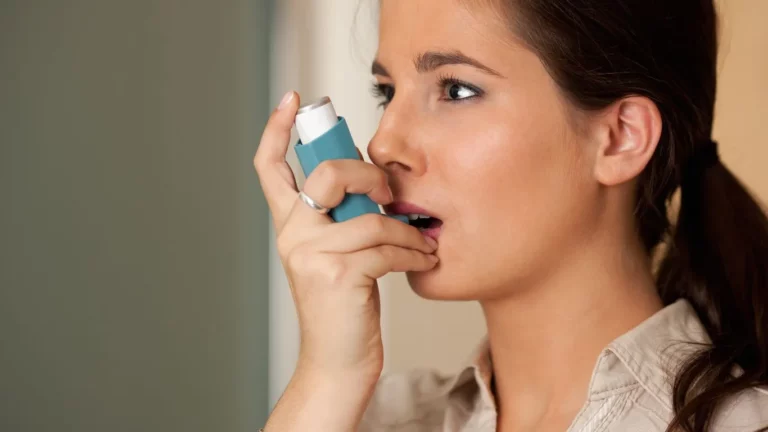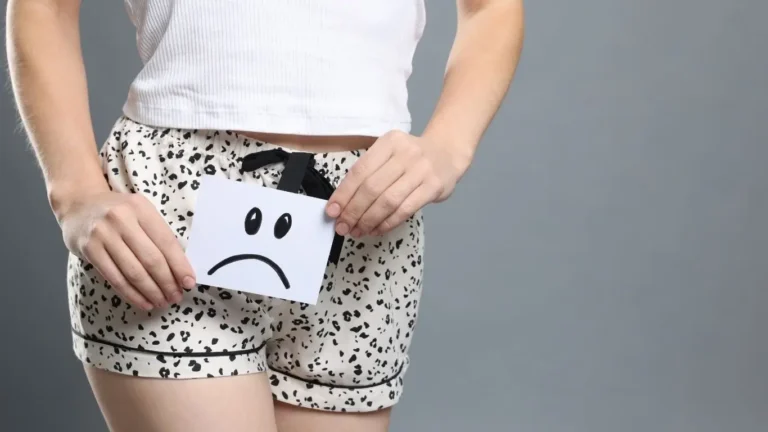Can Certain Eye Drops Reduce Floaters Effectively or Not
I used to think floaters were just a minor annoyance — little specks drifting across my vision that I could ignore. That was until they started multiplying. If you’ve stared at a bright sky or a computer screen and noticed odd transparent shapes floating around, you’re not alone. And if you’re wondering whether certain eye drops can actually reduce floaters, you’re asking the right question. This isn’t just about comfort anymore — it’s about preserving your vision clarity and daily focus.
What Exactly Are Eye Floaters?
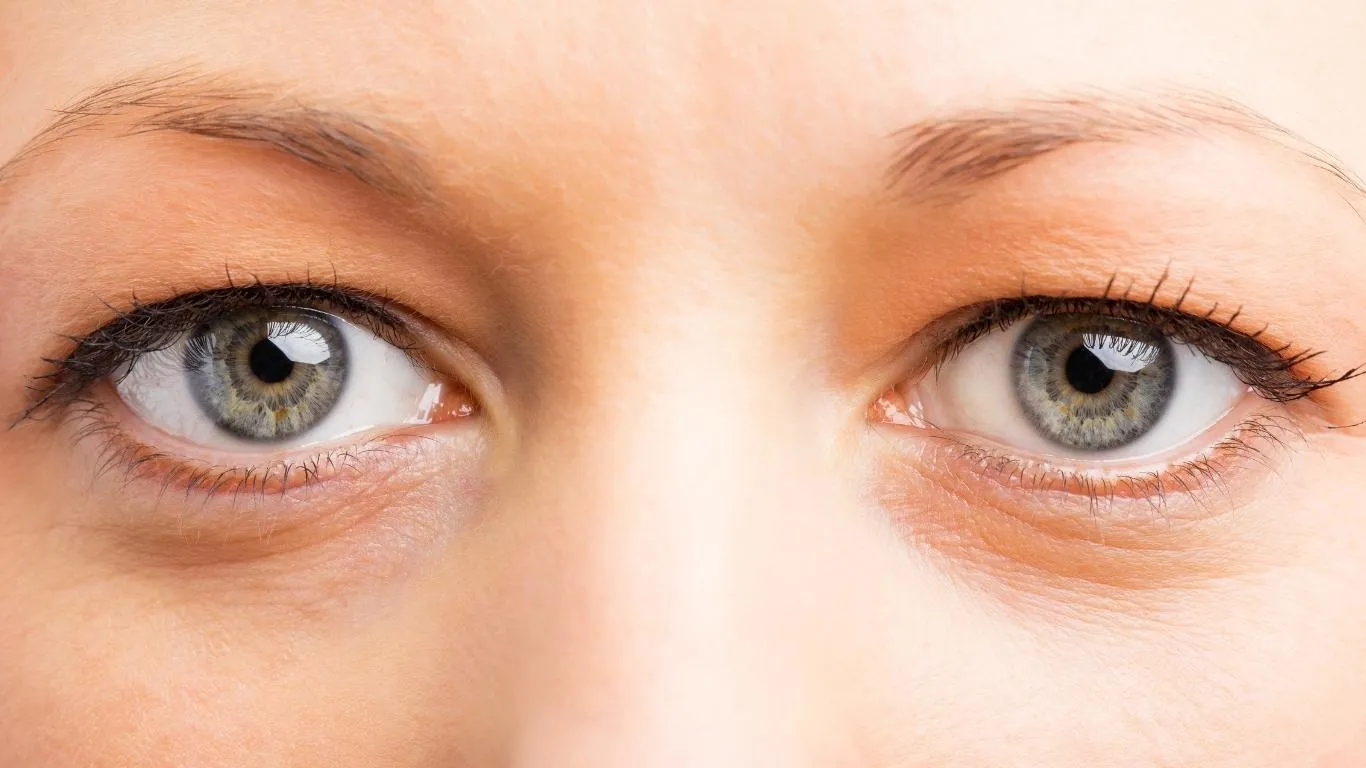
Floaters are those shadowy shapes — dots, strings, or cobweb-like lines — that drift through your field of vision. Medically, they’re caused by tiny bits of collagen breaking off in the vitreous humor, the gel-like substance inside your eyes. These fragments cast shadows on your retina and, voila, floaters.
While usually harmless, floaters can be downright frustrating. In some cases, they’re signs of something more serious like retinal detachment or inflammation. That’s why understanding what causes them and how to manage them — especially with something as accessible as eye drops — is so important.
Can Eye Drops Really Help Reduce Floaters?
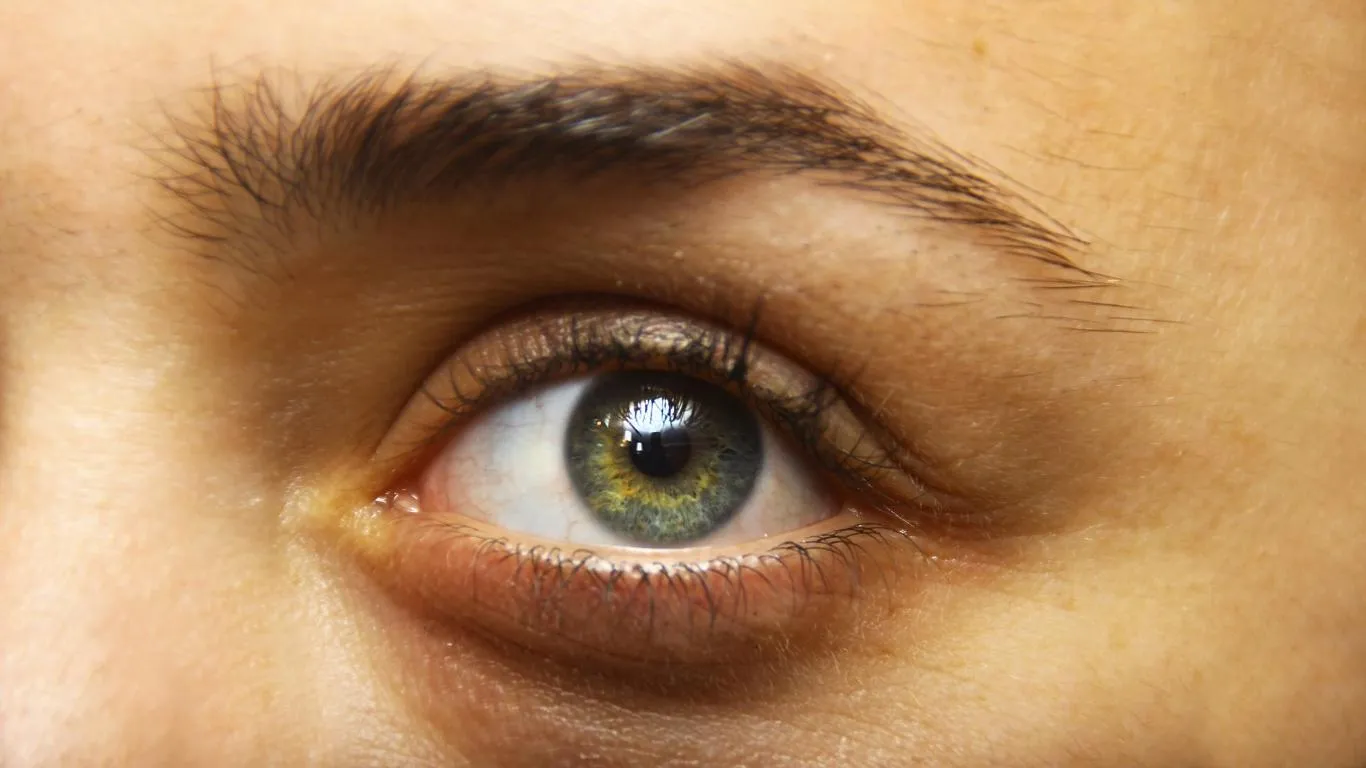
Here’s where it gets interesting. While most traditional treatments for floaters range from laser vitreolysis to vitrectomy (both a little scary, honestly), some researchers and eye care professionals are exploring whether certain types of eye drops can help dissolve or reduce floaters naturally.
The Science Behind Floaters and Eye Drops
Some newer formulations — particularly antioxidant-rich and enzyme-based drops — are being studied for their potential to break down floaters. These include eye drops with ingredients like:
- N-acetylcarnosine: believed to protect and repair proteins in the eye
- Lutein and zeaxanthin: antioxidants known to support retina health
- Hyaluronic acid: often used for hydration and improving eye comfort
- Citicoline: which may help with neuroprotection and retinal cell integrity
Now, none of these are officially FDA-approved for treating floaters, but several clinical trials and user reports suggest they may help reduce the perception or progression of floaters over time. In my experience, adding drops containing hyaluronic acid and lutein didn’t make my floaters vanish — but they definitely made them less distracting, especially in bright light.
Types of Eye Drops Being Explored
There are a few types of drops worth keeping an eye on (pun intended):
- Lubricating Drops: Help flush the eye surface and improve tear film, which can reduce light scatter from floaters.
- Antioxidant-Based Drops: Target oxidative stress, which is believed to accelerate vitreous degeneration.
- Enzymatic Eye Drops: Currently experimental, but designed to break down the collagen fragments in the vitreous humor.
Be cautious though — not all eye drops are created equal. Some over-the-counter options promise a lot but deliver little more than hydration. Always check the label, and if it doesn’t list active ingredients like carnosine or vitamin B12, you might be wasting your money.
What Doctors and Studies Say
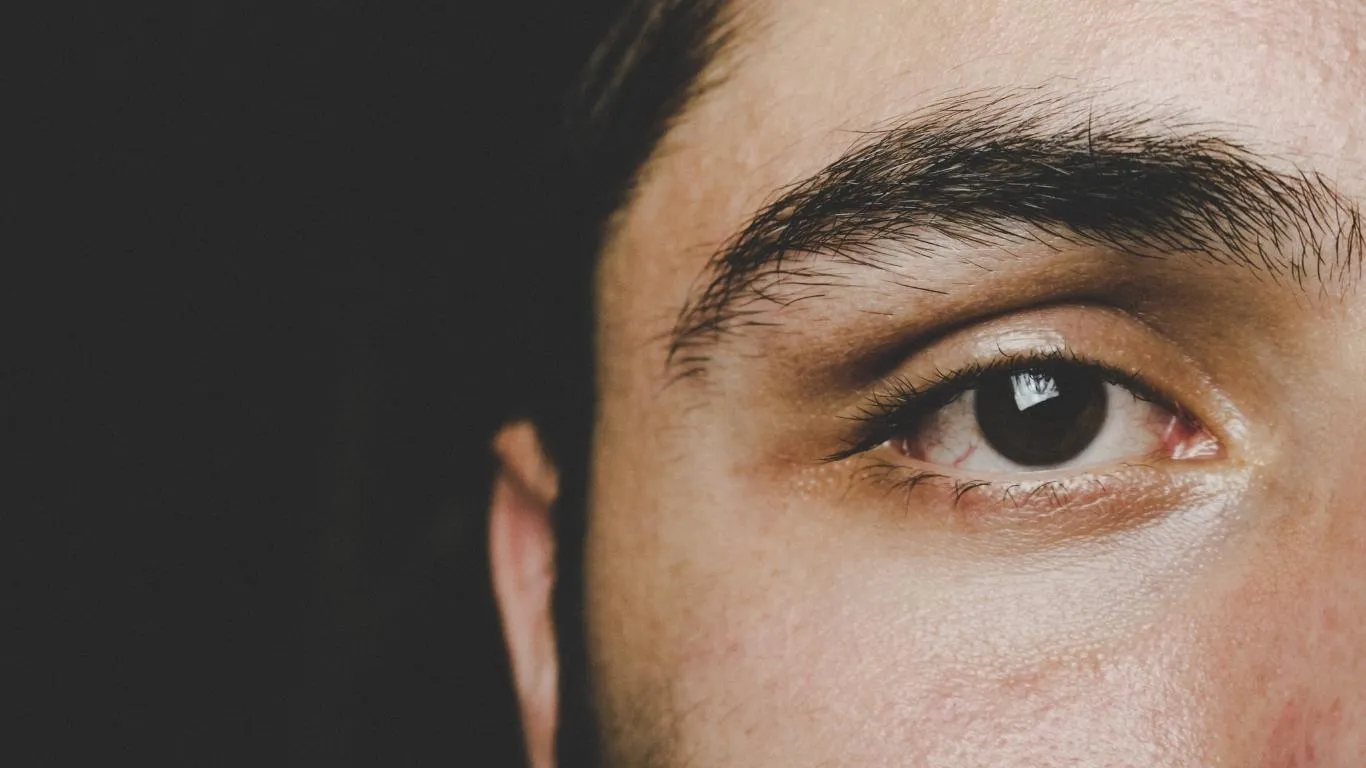
Some ophthalmologists remain skeptical — and for good reason. There’s still limited large-scale research. But smaller studies and pilot trials have shown promising results, especially when antioxidant eye drops are used consistently over a few months.
According to an article on how dehydration affects floaters, even mild changes in eye hydration can influence floater intensity. That means drops that support moisture levels could have a real impact. Similarly, insights from this deep dive on steroid-based drops show how chemical changes in the eye may contribute to new or worsening floaters — a useful caution when selecting drops.
It’s Not Just the Drops — It’s the Lifestyle
Pairing the right drops with better hydration, fewer screens, and a clean diet can make a noticeable difference. I swapped out coffee for green tea, added omega-3s, and now take short screen breaks during work. Combined with eye drops, my floaters have gone from “can’t ignore” to “barely notice.”
And no, it didn’t happen overnight — it took about two months to feel a shift. But trust me, it’s worth it if you’re trying to avoid more invasive procedures.
How to Choose Drops That May Help
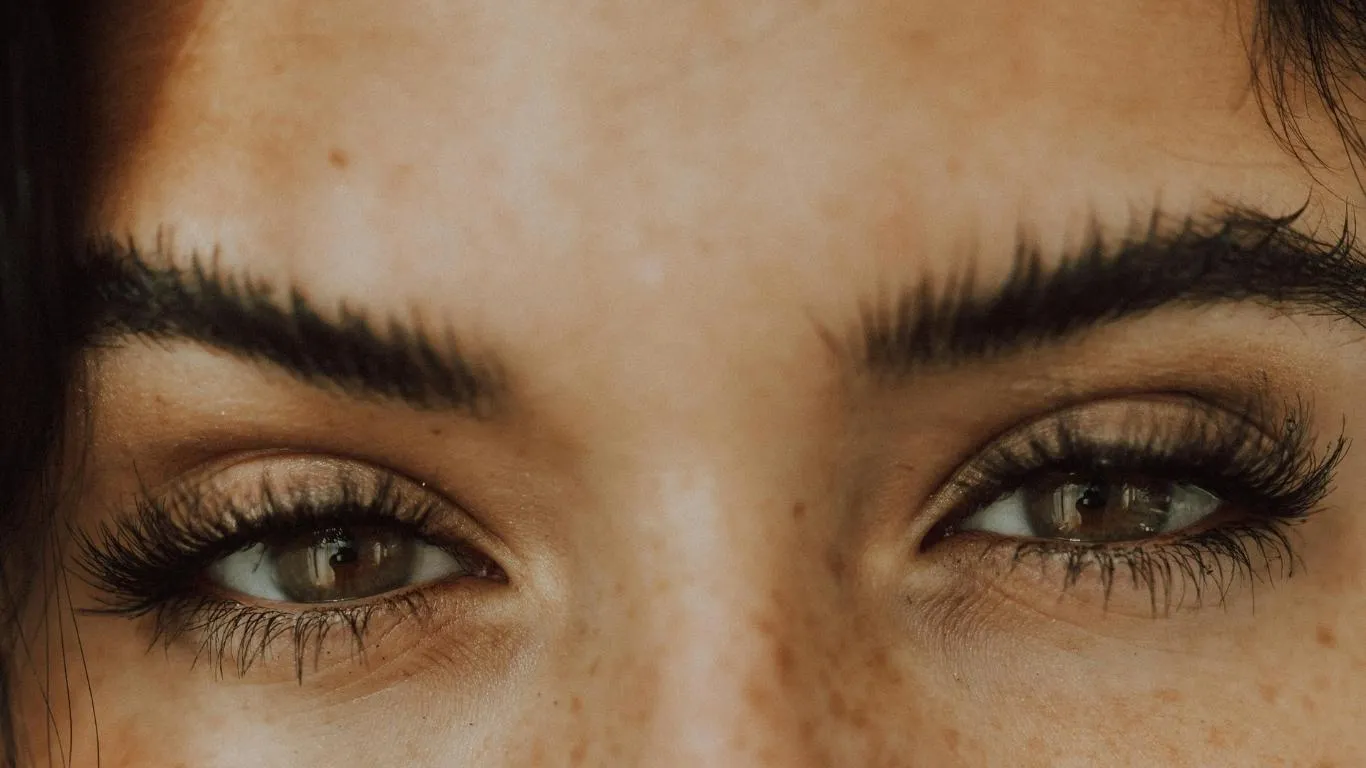
If you’re shopping for drops hoping to ease floaters, keep these tips in mind:
- Look for ingredients like carnosine, taurine, and lutein
- Stick to preservative-free formulations whenever possible
- Avoid steroid-based drops unless specifically prescribed
- Use them consistently for at least 6-8 weeks to assess any benefit
For a broader understanding of all floater treatment options, including surgical and observational methods, this guide offers a great overview. And if you’re diving deeper into the cause-effect side of things, start with this main pillar article on floaters — it covers the fundamentals beautifully.
And don’t forget — while drops might help, always get a proper eye exam first. Floaters could be harmless, or they could be your retina waving a red flag.
Why Some Drops Work Better Than Others
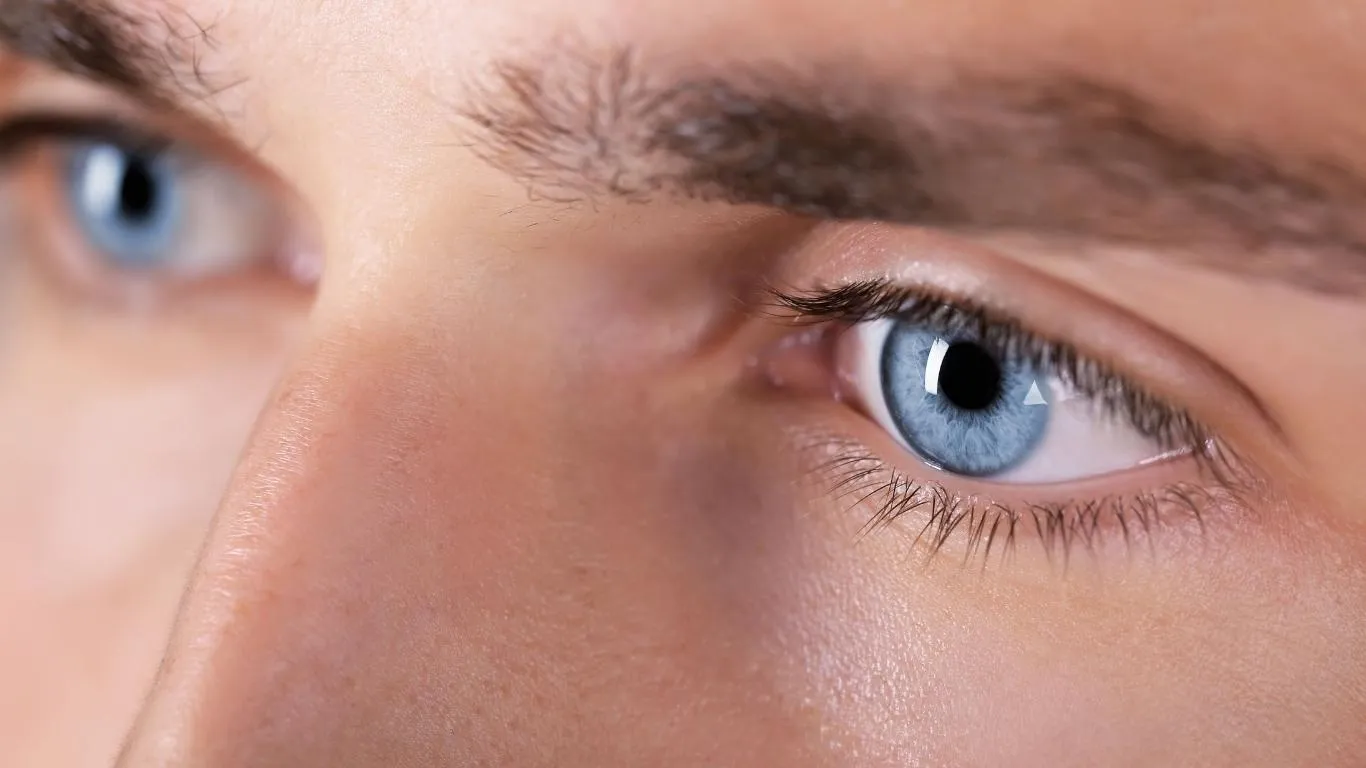
Not all eye drops that claim to help with floaters actually do. Some feel great at first — soothing and cool — but their effects end there. Others, especially those developed through years of research, pack a stronger punch. The difference often lies in how well the formula targets the root issues: oxidative stress, vitreous degeneration, or light scatter.
I remember trying one popular brand that promised “crystal-clear vision” in two weeks. Spoiler: it didn’t. But a lesser-known antioxidant drop I ordered from an eye specialist in Europe? That one actually made those cobwebby floaters in my right eye less noticeable after about six weeks. It’s all about finding the right combo that supports the biochemistry of your eye, not just surface comfort.
Signs That the Drops Might Be Helping
Here’s what I and others have noticed when the drops are actually making a difference:
- Floaters become less opaque — almost like they fade into the background
- They move more slowly or don’t trail as dramatically across your field of vision
- You stop noticing them during key daily activities like driving or reading
For those of us who’ve had floaters since our 30s or 40s, these small wins mean everything. They’re not a miracle cure — but they’re a massive improvement over doing nothing or jumping straight into surgery.
Realistic Expectations: What These Drops Won’t Do
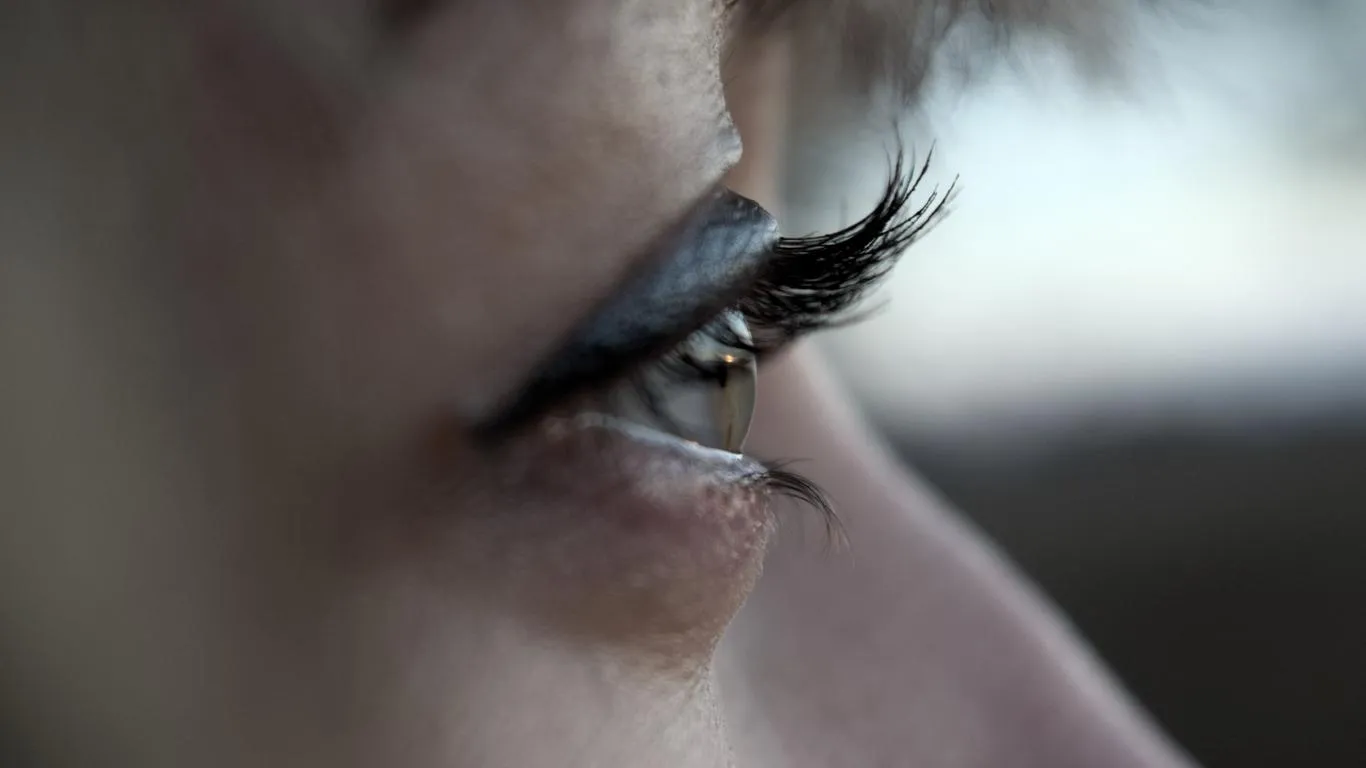
If you expect a few drops to erase years of collagen clumping, you’re setting yourself up for disappointment. Even the most advanced drops can’t eliminate large, stubborn floaters that result from posterior vitreous detachment (PVD) or trauma. That’s why having a proper diagnosis matters — what you think is a floater could be something more serious.
And some floaters are just too dense. According to research on floaters linked to retinal tears, larger floaters caused by sudden retinal changes often require prompt medical attention. In those cases, delaying more aggressive treatment can actually put your vision at risk.
But Here’s Where Drops Shine
Eye drops really shine when your floaters are in the early stages or caused by subtle, environmental or metabolic changes. If you’re dealing with floaters due to:
— then consistent use of nourishing eye drops might help regulate the internal eye environment and keep floaters from getting worse.
My Personal Drop Routine (What Actually Helped)
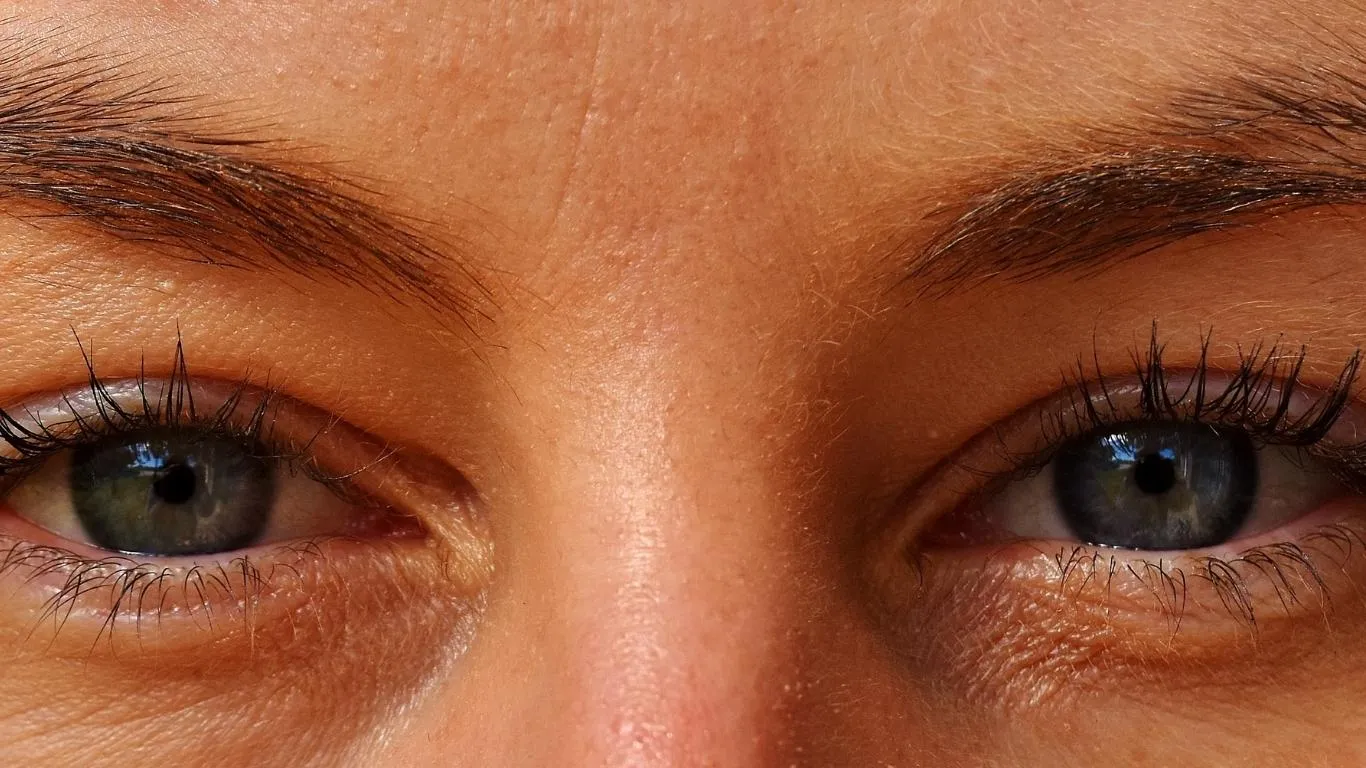
Here’s what I settled on after experimenting with dozens of drops and a ton of research (plus a few conversations with eye specialists):
- Morning: Preservative-free hyaluronic acid drops to hydrate and prep my eyes for the day
- Midday: One drop of an antioxidant blend that includes vitamin B12 and taurine
- Evening: N-acetylcarnosine drops — great for tired eyes and floaters in low light
I also upped my intake of eye-friendly nutrients — lutein, zinc, omega-3s — and yes, it made a noticeable difference. And no, I’m not saying you’ll get the same results. But if you’re looking for a low-risk, potentially high-reward approach, it’s a solid place to start.
How to Know When to Stop or Switch
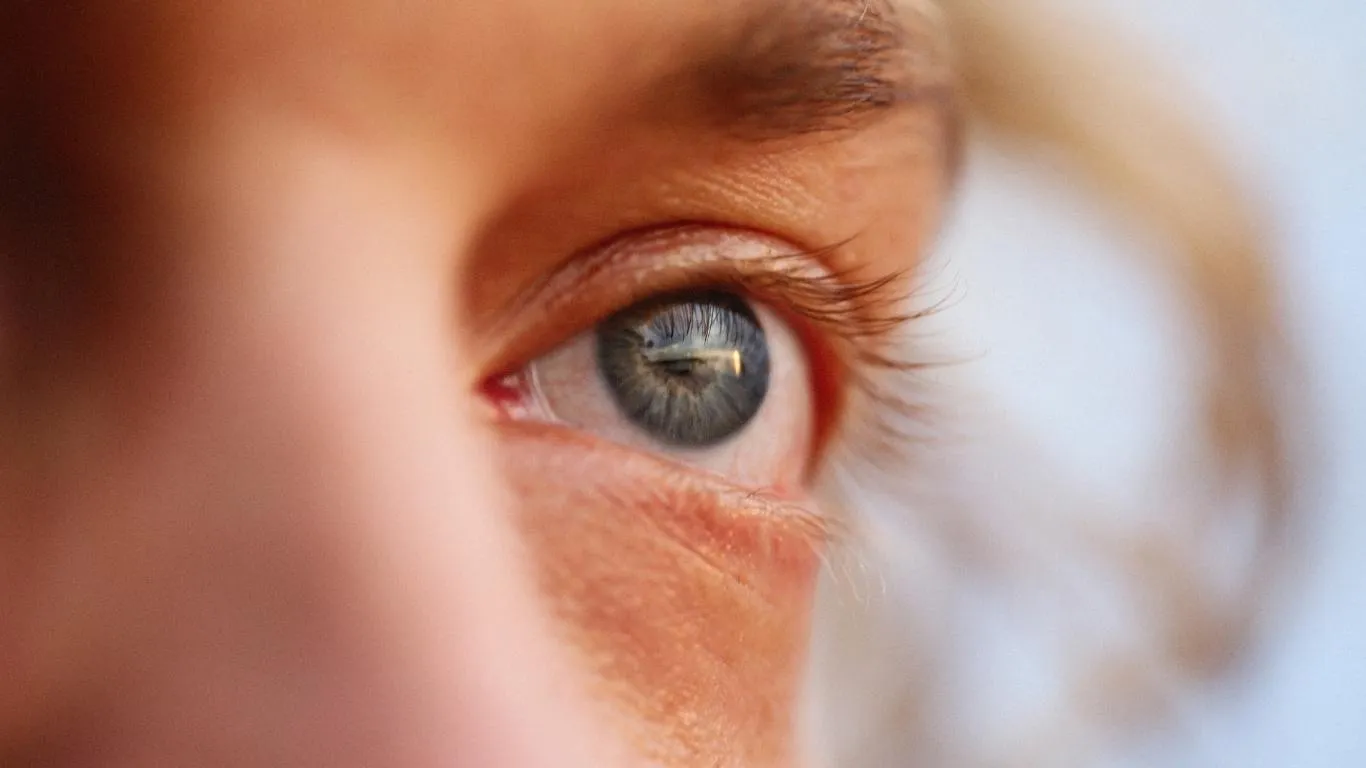
If you’ve been using a certain eye drop for more than 8–10 weeks and see no improvement — either in floaters or general eye comfort — it’s time to reassess. Sometimes the problem isn’t the drops, it’s the diagnosis.
For example, if your floaters are related to injections or post-surgical trauma, a simple over-the-counter solution probably won’t cut it. In these cases, an ophthalmologist might suggest more advanced options like laser therapy or a low-risk vitrectomy alternative.
You might also want to switch if the drops cause any of the following:
- Increased eye redness or itching
- Blurred vision that doesn’t clear within minutes
- Sticky residue or discomfort that worsens over time
Other Floater Management Strategies That Actually Work
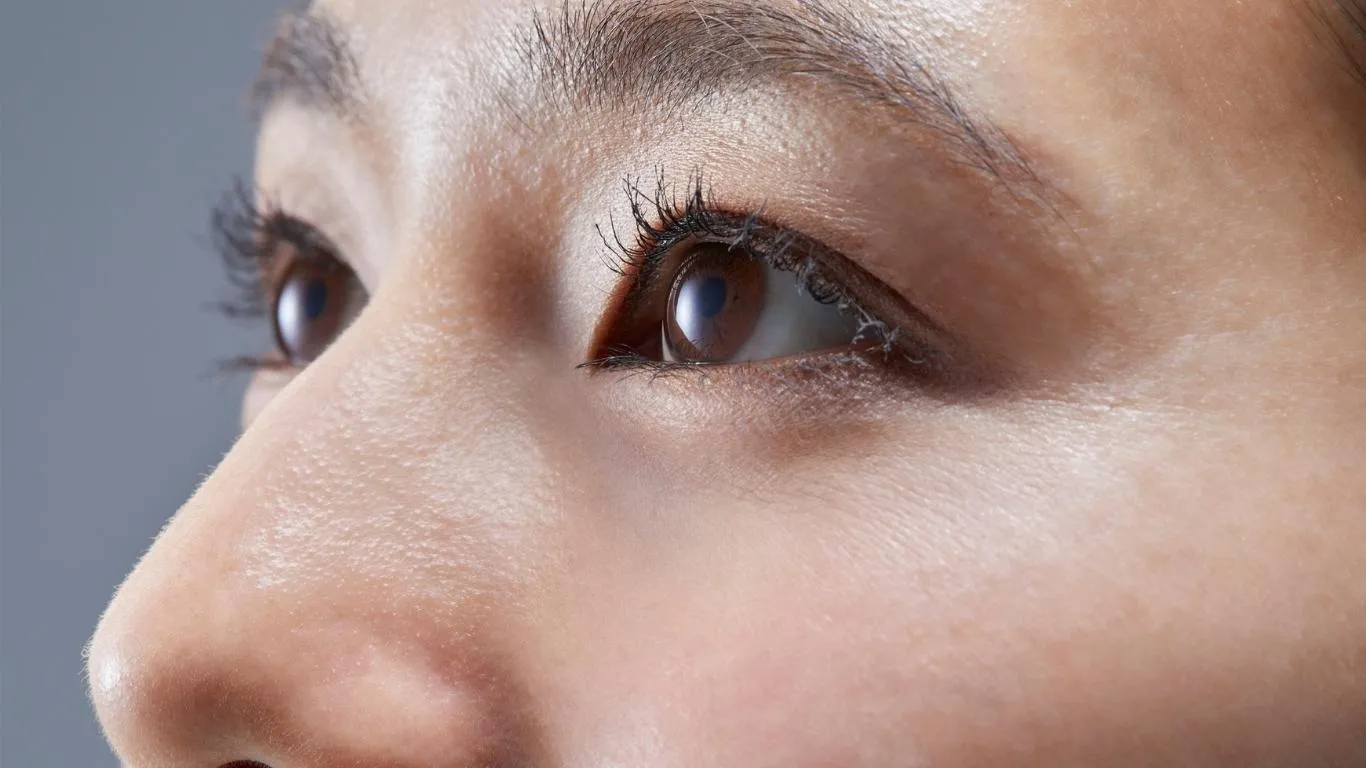
Eye drops are one part of the puzzle — but they’re even more effective when paired with smart lifestyle tweaks. Here’s what’s worked wonders for me and others in the floater struggle club:
- Screen breaks every 30 minutes — it’s wild how much this reduces perception of floaters
- Blue light filter glasses — I use them all day now (here’s why)
- Hydration reminders — I use a smart water bottle to hit my daily intake goal
- Omega-3 supplements — especially those with DHA and EPA
Small things add up — and when paired with the right drops, you’re giving your eyes the best shot at floaters becoming less of a daily bother.
Where to Start If You’re New to Eye Floaters
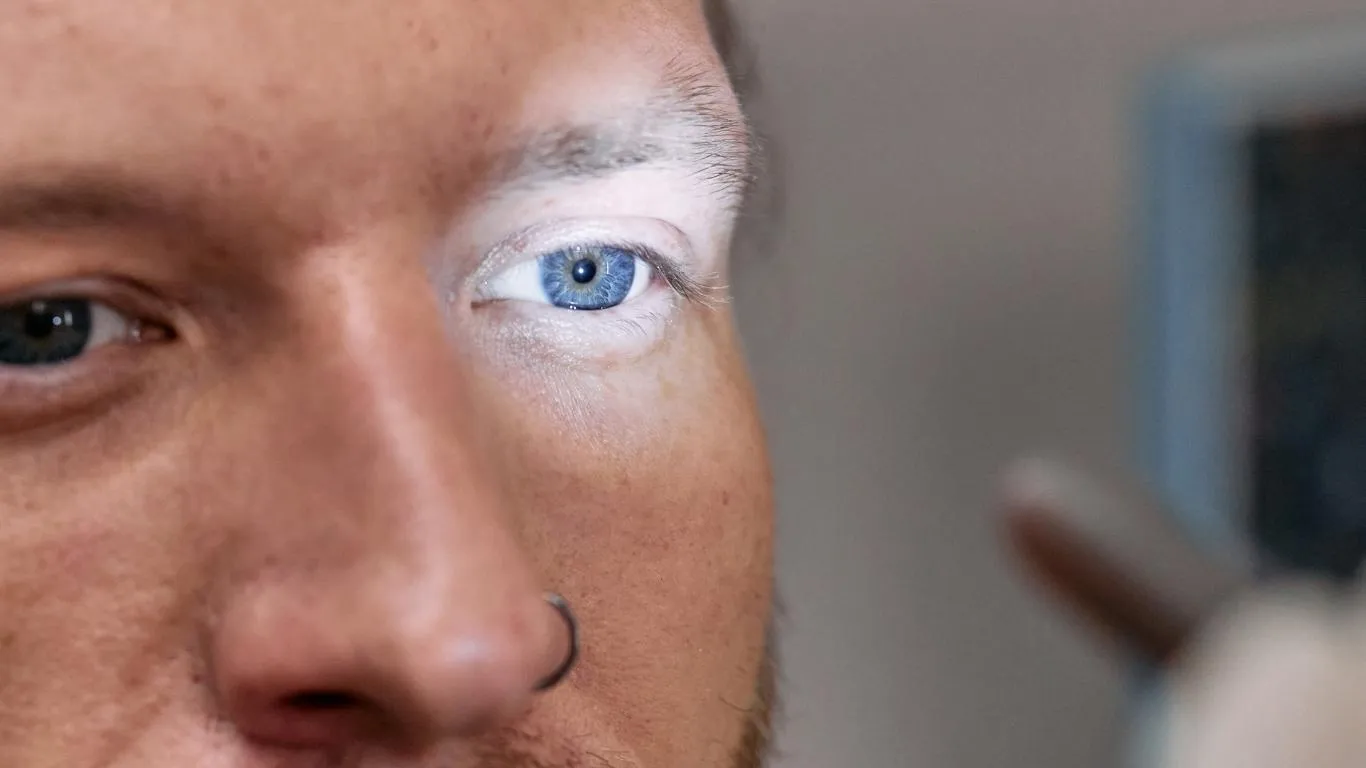
If you’re just beginning to deal with floaters or trying to take the natural route before anything invasive, I’d recommend starting with the basics:
- Get a comprehensive eye exam to rule out retinal damage
- Try an eye drop that supports vitreous health and includes antioxidants or amino acids
- Monitor your floaters daily — jot down changes, new shapes, or patterns
- Learn more through reliable sources like American Academy of Ophthalmology or NCBI
For anyone dealing with floaters post-surgery or over age 40, the common causes guide is a great deep dive. It really helped me connect the dots between lifestyle, age, and why my floaters got worse after my 40th birthday. If you want to start from the top and understand the core concepts, I highly recommend the main explainer here: Eye Floaters: Causes, Symptoms, and Treatment Options.

Camellia Wulansari is a dedicated Medical Assistant at a local clinic and a passionate health writer at Healthusias.com. With years of hands-on experience in patient care and a deep interest in preventive medicine, she bridges the gap between clinical knowledge and accessible health information. Camellia specializes in writing about digestive health, chronic conditions like GERD and hypertension, respiratory issues, and autoimmune diseases, aiming to empower readers with practical, easy-to-understand insights. When she’s not assisting patients or writing, you’ll find her enjoying quiet mornings with coffee and a medical journal in hand—or jamming to her favorite metal band, Lamb of God.



